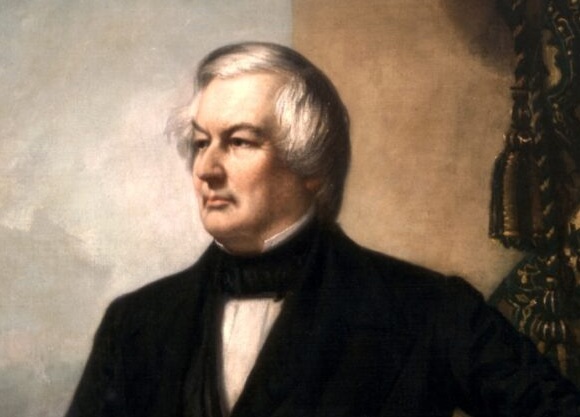Introduction
In the vibrant tapestry of politics, where power weaves intricate patterns, there exists a mesmerizing phenomenon – the reigning families of politics. These dynasties have inscribed their names in the annals of history, shaping the destinies of nations and leaving an indelible mark on the political landscape. Join us as we delve into the captivating world of these familial empires, where bloodlines intertwine with ambition and legacy unfolds in extraordinary ways.
The Royal Lineage of Politics: A Throne of Dominance
Like ancient monarchs, these political dynasties have established formidable reigns, extending their influence across generations. Their leaders, often charismatic and visionary, have ascended to the highest echelons of power, wielding immense authority and shaping the course of events. From the Kennedys in the United States to the Nehru-Gandhis in India, the Gandhi family in Sri Lanka, and the Marcoses in the Philippines, these dynasties have established a legacy of political dominance that continues to resonate today. Their rise to prominence has been characterized by a combination of familial loyalty, strategic alliances, and an unwavering determination to maintain their grip on power.
The longevity of these political dynasties is a testament to their ability to adapt to changing times and evolving political landscapes. They have weathered storms, endured scandals, and emerged stronger than ever before. Their members have held various offices, forming a complex network of connections and ensuring a continuity of power within their families. The sheer magnitude of their influence is awe-inspiring, and their stories are filled with both triumph and controversy.
Dynastic Delights: The Familial Empires of Governance
The dynastic delights of politics extend beyond mere dominance. These families have created intricate webs of patronage, nepotism, and loyalty that have shaped the political destinies of their members. Sibling rivalries have ignited political feuds, while familial bonds have forged alliances that have withstood the test of time. The children and grandchildren of these political patriarchs and matriarchs have often inherited the mantle of leadership, carrying forward the legacy of their ancestors.
The Kennedy dynasty is a prime example of dynastic delights. Three brothers, John F. Kennedy, Robert F. Kennedy, and Edward M. Kennedy, all served in the United States Senate, while another brother, Joseph P. Kennedy Jr., died in World War II. Their sister, Eunice Kennedy Shriver, was a prominent advocate for people with intellectual disabilities. The dynasty’s tragic assassination of John F. Kennedy and Robert F. Kennedy only served to solidify their place in American history.
Summary
The reigning families of politics are a testament to the enduring power of lineage and ambition. They have created political empires that have shaped the destinies of nations and left an indelible mark on the world stage. Their stories are filled with both triumph and controversy, and their dynasties continue to thrive in the ever-changing landscape of politics. As we observe the rise and fall of these familial empires, we are reminded of the enduring power of bloodlines and the allure of political dominance.



